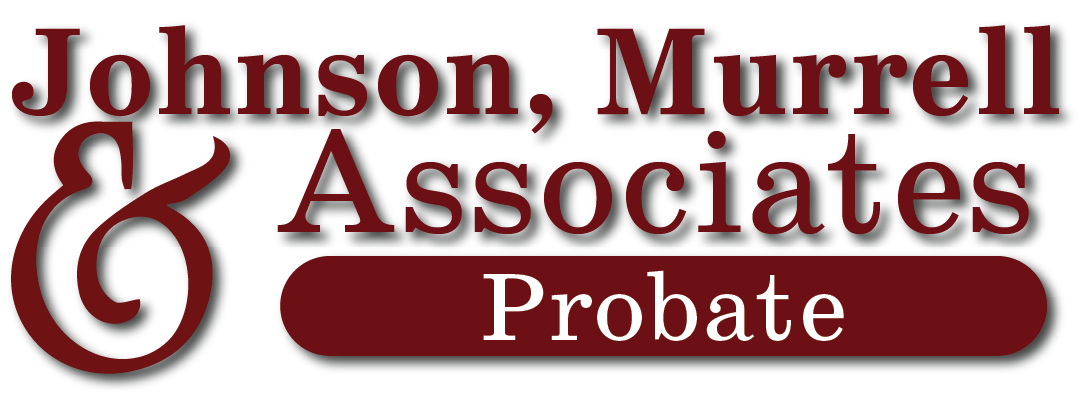Selling a house can be challenging, but when the owner dies, it adds complexity to an already difficult situation. When your parents die, the last thing you want to think about is getting their estate settled, but selling their property can be a big part of that. Fortunately, there are steps you can take to make this difficult process run more smoothly so the house is prepared to sell.
Verifying legal ownership is crucial when selling your parents’ home since it prevents complications and establishes authority. Collaborate with other heirs and maintain the home during probate to attract buyers and expedite the sale. Hold an estate sale to declutter the home and hire a real estate agent to streamline the sales process.
Do You Legally Own the House?
The most important step when selling your parents’ home after their passing is to ensure your legal ownership. Without verifying this, the sale process can become much more complicated or even halted. Transferring the property to your name is crucial for a smooth transaction as the rightful heir. Ownership of the house must be transferred according to the Will or your state’s succession laws. Once you have identified the new owner, you will need to file for a new deed for the home at the county recorder’s office. This usually involves providing an official copy of the death certificate and a statement from the probate court.
Legally transferring the property into your name establishes your authority to sell and ensures the legality of the transaction. Legal ownership also protects against disputes and ensures that the proceeds from the sale rightfully pass to you as the heir. This makes verifying legal ownership the pivotal initial step when navigating the sale of inherited property.
Talk With Any Siblings and Other Heirs to the Property
Be sure to engage in open communication with siblings and other heirs before selling your parents’ home after they have died. Identifying all heirs and the appointed executor or personal representative is essential. Even if the home is left solely to you, the proceeds from the state could impact the estate settlement. To avoid potential conflict, have an open dialogue to ensure transparency and cooperation.
Undergo the Probate Process and Transfer the Deed
Probate is a court-supervised process managing the distribution of your parent’s estate, including their home’s sale. It makes sure that the rightful heirs receive assets and debts are settled.
After the property owner’s death, the executor commences the process by filing the will with the probate court. Alternatively, a death deed allows immediate inheritance, bypassing probate’s time and cost. This deed enables the swift sale of the parental home when desired, avoiding delays associated with probate proceedings. However, a death deed is something that your parents would need to set up before they pass.
Opting for a death deed streamlines the transfer of property ownership. It expedites the sale process and minimizes administrative burdens for the heirs.
Have a Plan to Maintain the Home During the Probate Process
Maintaining the home during the probate process ensures its marketability and maximizes its sale potential. Upkeep enhances the property’s appeal to potential buyers. This includes:
- Regular lawn care
- Repairs
- Cleanliness
Neglecting maintenance can lead to deterioration, diminishing the home’s value and attractiveness on the market.
A well-maintained home is more likely to attract buyers quickly and command a higher selling price. Having a plan to uphold the property’s condition throughout probate ensures a smoother and more profitable sale, ultimately benefiting the heirs and expediting the settlement of the estate.
Plan an Estate Sale and Get Rid of Unwanted Things
Estate sales are a perfect opportunity to declutter unwanted items. Sort through belongings beforehand streamlines the selling process, allowing you to prioritize:
- Keepsakes
- Sellable items
- Disposables
An estate sale company can efficiently handle the liquidation of unclaimed personal property, maximizing your returns. Clearing out clutter beforehand not only enhances the home’s appeal to potential buyers but also simplifies the moving process for heirs.
This proactive approach doesn’t simply optimize the selling process. It also honors your parents’ memory by ensuring their possessions find new homes.
Work With a Real Estate Agent
A trusted real estate agent streamlines the sales process, ensuring all heirs’ needs are met and facilitating smoother communication. Finding an agent experienced in probate or inherited property sales adds invaluable expertise, allowing them to navigate complexities effectively.
Local expertise is essential for understanding market dynamics and pricing strategies accurately. Agents can advise on selling “as is” or making repairs for better returns, tailoring the approach to suit heirs’ preferences and circumstances.
Ultimately, collaborating with a reputable real estate agent ensures a more efficient and profitable sale. It also alleviates stress among heirs during a challenging time.
When it’s time to sell your parent’s home, there’s no legal requirement in Tennessee to disclose if your parents passed away while residing in the home. This means sellers are not obligated to disclose such information to potential buyers during a real estate transaction. This absence of disclosure requirements regarding deaths in the home simplifies the selling process for heirs, removing potential barriers or complications in the transaction.
Pay Outstanding Bills with Proceeds Before Distributing to Beneficiaries
You must settle any outstanding bills or taxes with proceeds before distributing money to beneficiaries when selling your deceased parents’ home. Inheriting a home doesn’t erase existing obligations such as mortgages or other debts. Utilizing the sale proceeds to clear these debts ensures the estate’s financial obligations are met responsibly.
Prioritizing bill settlement safeguards against potential creditors’ claims or legal complications down the line. Once debts are settled, any remaining funds can be distributed to beneficiaries. This approach ensures a fair and orderly distribution of assets, minimizing potential disputes and legal challenges. It also provides clarity and peace of mind to all involved parties.
Hire a Probate Lawyer
Hiring a probate lawyer when selling your parents’ home post their passing is essential for navigating the complex legalities involved. At Johnson, Murrell & Associates, we specialize in estate administration to ensure compliance with state laws and probate court procedures.
Our team:
- Facilitates the transfer of property titles
- Handle creditor claims
- Resolve disputes among heirs
Additionally, our probate professionals provide invaluable guidance on tax implications and estate planning strategies. Their expertise streamlines the selling process, minimizes legal risks, and ensures the estate’s assets are distributed efficiently and according to the deceased’s wishes.

Ensuring legal ownership is vital when selling your parents’ home to prevent complications and assert authority. Cooperate with fellow heirs and maintain the property during probate to enhance its appeal and speed up the sale. Organize an estate sale for decluttering and enlist a real estate agent for a smoother transaction.
At Johnson, Murrell, & Associates, we understand that handling a loved one’s estate and bills after their passing is an emotional, stressful experience. Our job is to make your life easier, which means guiding you through the process so you understand what’s to come. To schedule a consultation, call us at 865-453-1091 or schedule an appointment.



